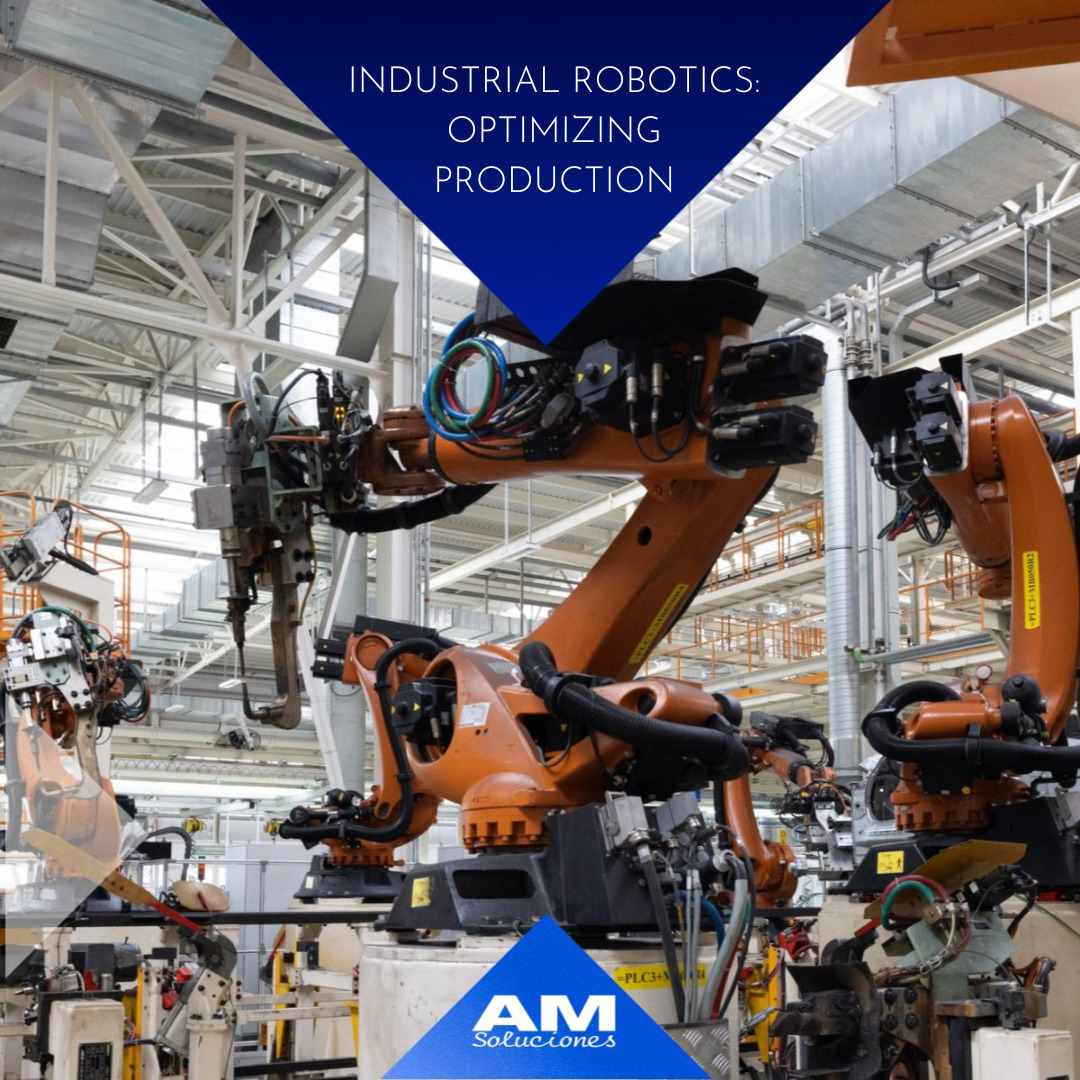
Industrial robotics has transformed the way production processes are carried out in a wide variety of industries. Industrial robots have been specifically designed to perform repetitive and precise tasks, allowing companies to optimize production and improve the quality of their products. In this article, we'll explore how industrial robotics is optimizing production and revolutionizing the way businesses operate.
One of the main benefits of industrial robotics is process automation. Robots can be programmed to perform a wide variety of tasks, from part handling to welding and assembly. By automating these tasks, companies can significantly reduce production time and minimize the risk of errors.
In addition, the robots can work for extended periods without the need for a break, allowing companies to run the production line for longer and produce more products in a given period of time.
Process automation can also improve product quality, as robots can perform tasks with precision and consistency. This means that products made with the help of robots are more consistent.
Another important benefit of process automation is that it allows workers to focus on tasks that require specific skills. Instead of performing repetitive, monotonous tasks, workers can perform tasks that require specific skills, such as product design or troubleshooting on the production line. This can improve worker morale and increase job satisfaction.
Industrial robots are capable of performing precise and repetitive tasks with precision and consistency. This means that products that are made with the help of robots are more consistent and of higher quality. In addition, the robots can perform quality control tasks, such as visual inspection.
The robots can examine each product with constant accuracy and consistency, ensuring that products meet required quality standards. This can help reduce time and costs, which in turn can increase the efficiency and profitability of the business.
Industrial robots are highly programmable and can be easily adapted to perform different tasks and production processes. This means that companies can customize their production processes to meet the specific needs of their customers and adapt to changes in market demand. In addition, the robots can work with different types of parts and materials, which allows greater flexibility in production.
Industrial robotics is also significantly improving safety in the workplace. Robots can be programmed to work in hazardous areas without the need for workers to be present in the same area. This means that workers do not have to risk their safety by working in dangerous areas, such as handling chemicals or flammable materials.
In addition, the robots can perform maintenance and repair tasks, which minimizes the risk of injury or accident for workers. Robots can be programmed to perform tasks that require the handling of dangerous tools and equipment, which means that workers do not have to perform these dangerous tasks.
Industrial robotics is revolutionizing the way companies operate and is enabling the optimization of production and the improvement of quality, flexibility, customization and safety. With the continued advancement of technology and the increasing demand for efficiency and quality, industrial robotics is likely to remain a key component of manufacturing well into the future.